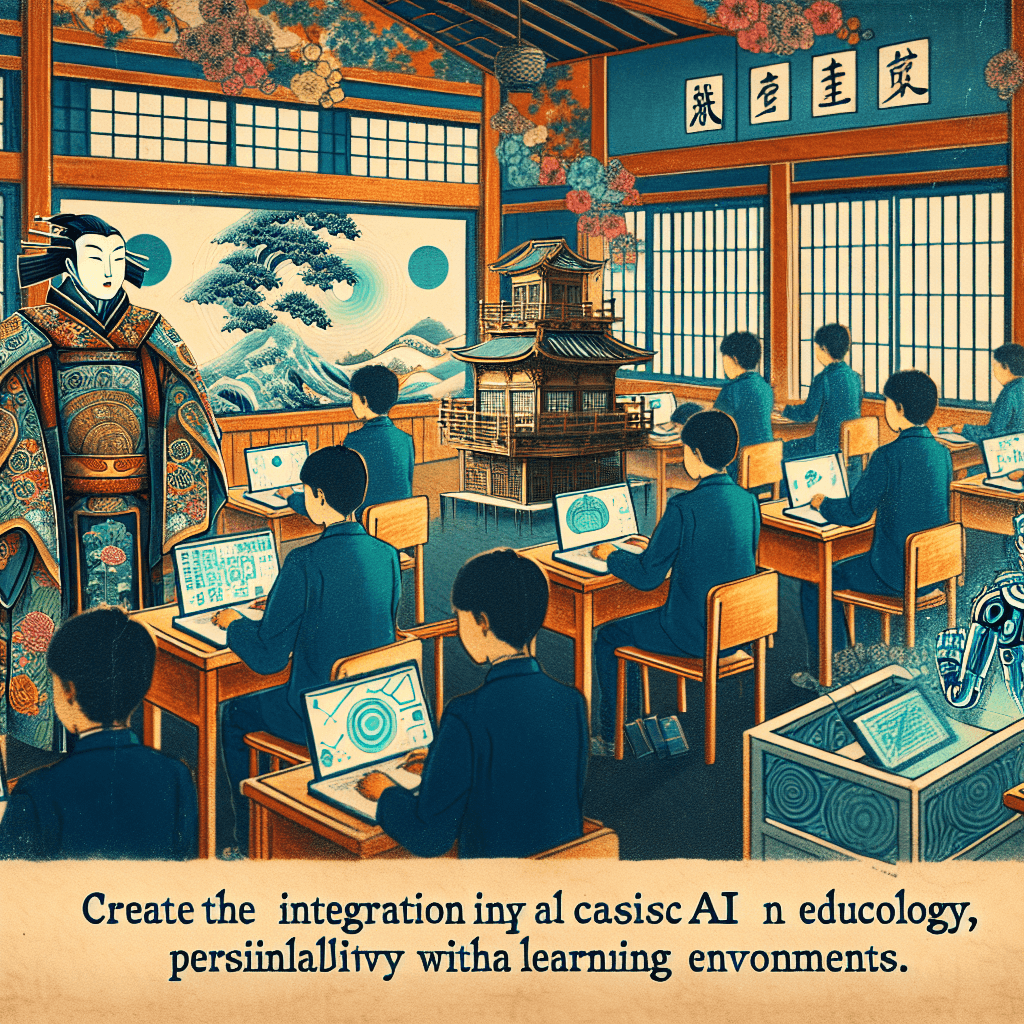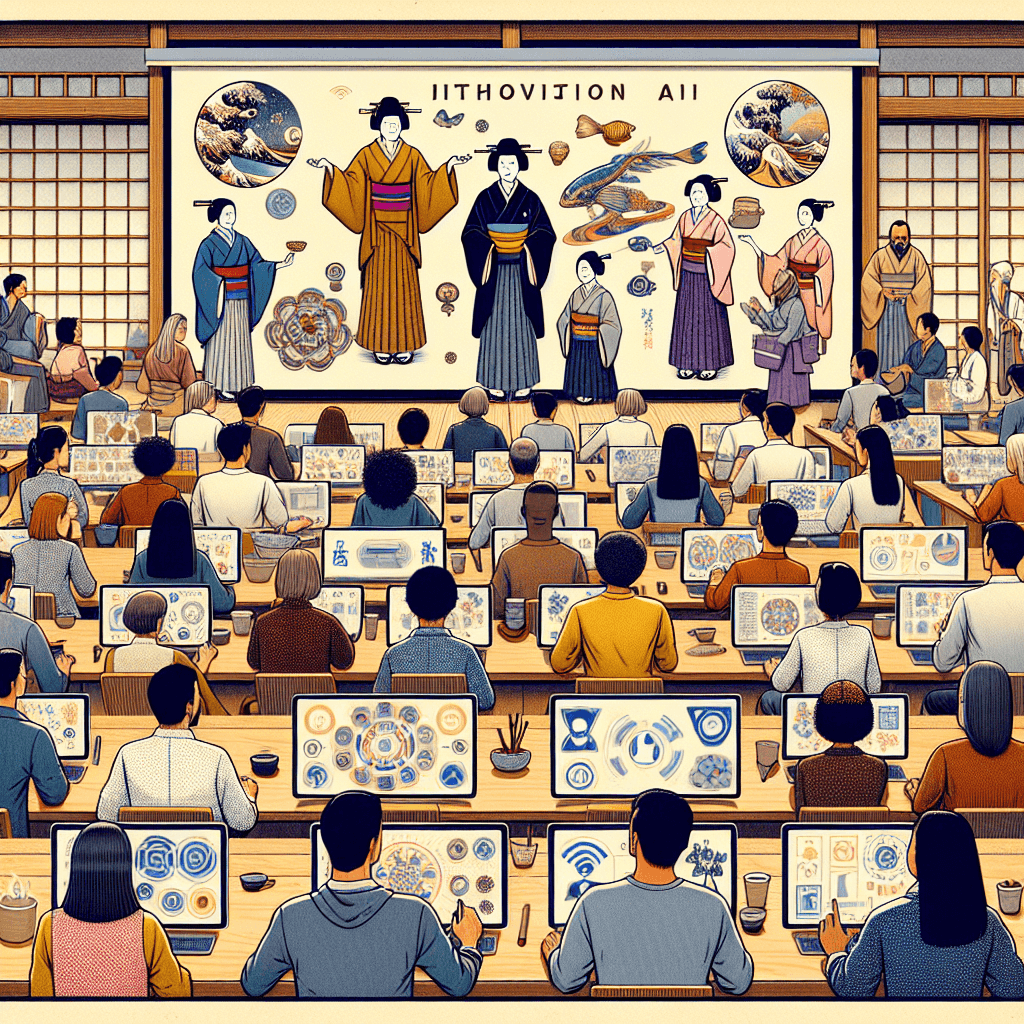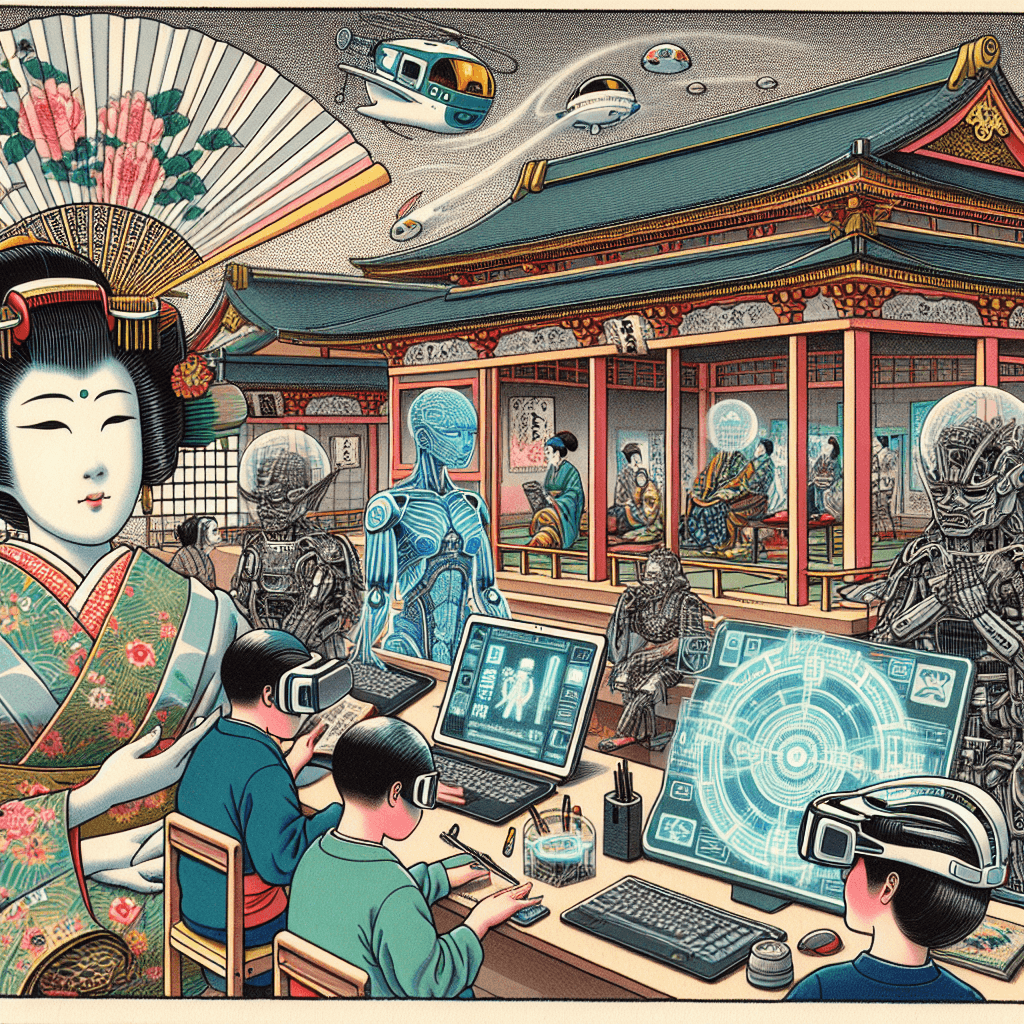Tailoring Education: The Rise of Personalized Learning
syndu | Sept. 14, 2024, 9:40 p.m.

Tailoring Education: The Rise of Personalized Learning
Personalized learning is revolutionizing the educational landscape by tailoring educational experiences to meet the unique needs, strengths, and interests of each student. This approach moves away from the traditional one-size-fits-all model, offering a more individualized and student-centered learning experience. In this blog post, we will explore the concept of personalized learning, its benefits, challenges, and the technologies driving its implementation.
Understanding Personalized Learning
Personalized learning is an educational approach that aims to customize learning experiences based on individual student needs. It involves creating personalized learning paths, setting individual goals, and using data-driven insights to adapt instruction. This approach can be implemented in various ways, including differentiated instruction, competency-based learning, and the use of adaptive learning technologies.
Benefits of Personalized Learning
1. Enhanced Student Engagement:
- Personalized learning increases student engagement by aligning educational content with their interests and learning styles. When students see the relevance of what they are learning, they are more motivated and invested in their education.
2. Improved Academic Outcomes:
- By addressing individual learning gaps and providing targeted support, personalized learning can lead to improved academic performance. Students receive the right level of challenge and support, helping them achieve their full potential.
3. Development of Self-Regulated Learners:
- Personalized learning encourages students to take ownership of their learning. They set goals, monitor their progress, and reflect on their learning experiences. This fosters self-regulation and lifelong learning skills.
4. Flexibility and Pacing:
- Students can learn at their own pace, allowing them to spend more time on challenging concepts and move quickly through material they have already mastered. This flexibility accommodates diverse learning needs and schedules.
5. Data-Driven Instruction:
- Personalized learning leverages data to inform instruction. Teachers can use real-time data to identify student needs, track progress, and adjust teaching strategies. This data-driven approach ensures that instruction is responsive and effective.
Challenges of Personalized Learning
1. Resource Intensive:
- Implementing personalized learning requires significant resources, including technology, training, and time. Schools need to invest in adaptive learning platforms, professional development for teachers, and ongoing support to ensure successful implementation.
2. Equity Concerns:
- There is a risk of exacerbating educational inequalities if personalized learning tools are not accessible to all students. Ensuring equitable access to technology and resources is crucial to avoid widening the achievement gap.
3. Teacher Workload:
- Personalized learning can increase the workload for teachers, who need to create and manage individualized learning plans, monitor student progress, and provide targeted support. Adequate training and support are essential to help teachers manage these demands.
4. Data Privacy and Security:
- The use of data in personalized learning raises concerns about student privacy and data security. Schools must implement robust data protection measures and ensure compliance with privacy regulations to safeguard student information.
5. Scalability:
- Scaling personalized learning across an entire school or district can be challenging. It requires a coordinated effort, consistent implementation, and ongoing evaluation to ensure that personalized learning practices are effective and sustainable.
Technologies Driving Personalized Learning
1. Adaptive Learning Platforms:
- Adaptive learning platforms use algorithms and data analytics to provide personalized learning experiences. These platforms adjust the difficulty level and content based on student performance, ensuring that each student receives instruction tailored to their needs.
2. Learning Management Systems (LMS):
- LMS platforms support personalized learning by offering tools for creating individualized learning paths, tracking progress, and providing feedback. They enable teachers to manage and deliver personalized instruction efficiently.
3. Artificial Intelligence (AI):
- AI-powered tools can analyze student data to identify learning patterns, predict outcomes, and recommend personalized interventions. AI tutors and chatbots provide additional support, answering questions and offering guidance.
4. Gamification:
- Gamification incorporates game elements into the learning process to increase engagement and motivation. Personalized learning platforms use gamification to create interactive and enjoyable learning experiences that cater to individual preferences.
5. Virtual and Augmented Reality (VR/AR):
- VR and AR technologies offer immersive learning experiences that can be tailored to individual needs. These technologies provide hands-on, experiential learning opportunities that enhance understanding and retention.
Personalized learning represents a significant shift in education, offering a more tailored and student-centered approach to learning.
Conclusion
Personalized learning represents a significant shift in education, offering a more tailored and student-centered approach to learning. While it presents several benefits, including enhanced engagement, improved outcomes, and the development of self-regulated learners, it also poses challenges related to resources, equity, and scalability. By leveraging advanced technologies and addressing these challenges, educators can create personalized learning environments that support the diverse needs of all students, paving the way for a more inclusive and effective educational system.
Title: Tailoring Education: The Rise of Personalized Learning
Summary: This blog post explores the concept of personalized learning, its benefits, challenges, and the technologies driving its implementation. Personalized learning tailors educational experiences to meet the unique needs of each student, offering a more individualized and student-centered approach to education.
Key Points:
- Understanding Personalized Learning
- Benefits of Personalized Learning
- Challenges of Personalized Learning
- Technologies Driving Personalized Learning
Goal: To provide a comprehensive overview of personalized learning, highlighting its potential to transform education and the considerations for successful implementation.




